When it comes to bathroom design, one of the key components that blend functionality and aesthetics is the bathroom door, particularly when it's made of glass. Glass doors, especially those used for bathtubs or showers, not only give your bathroom a modern and sleek look but also play a crucial role in safety and durability. In this article, we will delve into the world of bathroom glass doors and understand how glass thickness affects their durability and safety, ensuring you make the right choice for your home.
Why Glass Thickness Matters
The thickness of the glass used for bathroom doors, such as frameless sliding glass doors or shower sliding glass doors, is a fundamental factor that influences both the performance and safety of the door. Glass thickness can range from thin, around 1/8 inch (3mm), to thick, up to 1/2 inch (12mm) or more. The choice of thickness impacts the door in several ways:
Durability and Strength
Thicker glass is inherently stronger and more resistant to impact. This means that a bathroom door with thicker glass will be less prone to cracking or breaking if it's accidentally hit or subjected to stress. It also means that the door can withstand more of the wear and tear that comes from regular use, making it a more durable option in the long run.
Safety Considerations
Safety is a primary concern in bathroom design. Thicker glass is less likely to break, and if it does, it tends to crack in a way that's less dangerous than thinner glass. Additionally, most bathroom glass doors are made of tempered glass, which is treated to be stronger than regular glass and to break into small, rounded pieces rather than sharp shards, reducing the risk of injury.
Acoustic Insulation
Thicker glass provides better sound insulation, which can be an important consideration for maintaining privacy in the bathroom.
Heat Retention
Thicker glass is also better at retaining heat, which can help to keep the shower area warm and prevent heat loss to the rest of the bathroom.
Choosing the Right Glass Thickness for Your Bathroom Door
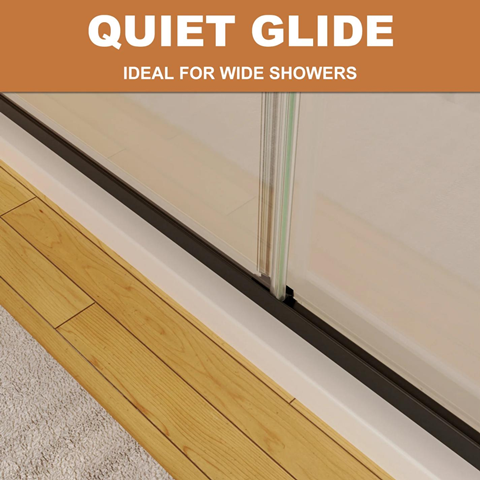
When selecting a glass door for your bathroom, it's essential to consider both functionality and design. Here are some factors to keep in mind:
Type of Glass Door
Different types of glass doors might require different thicknesses. For example, a frameless sliding glass door might need thicker glass for structural integrity since it lacks the support of a frame. In contrast, a framed shower sliding glass door can use thinner glass because the frame provides additional support.
Size and Weight
Larger doors will generally require thicker glass to ensure stability and prevent sagging over time. Additionally, thicker glass is heavier, so the hardware and supports used must be able to handle the weight without failing.
Building Codes and Standards
Always check local building codes and standards, as they may specify minimum glass thickness requirements for bathroom doors to ensure safety.
Cost
Thicker glass typically comes at a higher price point. Consider your budget when deciding on the glass thickness, but don't compromise safety and durability for the cost.
Installation and Maintenance of Glass Bathroom Doors
Proper installation and regular maintenance are key to ensuring the longevity and safety of your bathroom glass door. Here's what you should know:
Installation Considerations
- Professional Installation: It's always best to have glass bathroom doors installed by professionals who understand how to handle and secure the glass properly.
- Quality Hardware: Use high-quality hinges, handles, and supports that can sustain the weight of the glass and operate smoothly.
- Alignment: Ensure the door is perfectly aligned to prevent undue stress on the glass, which could lead to cracking or breaking over time.
Maintenance Tips
- Regular Cleaning: Keep your glass door clean to prevent buildup of soap scum and hard water stains, which can etch the glass and weaken it.
- Inspect Hardware: Regularly check the hardware for signs of wear or damage and replace any parts that are not functioning correctly.
- Avoid Impact: Be mindful to prevent sharp or heavy objects from striking the glass, which could cause damage.
Safety Features of Modern Glass Bathroom Doors
Modern glass bathroom doors come with a variety of safety features to ensure they are as secure as they are stylish:
Tempered Glass
As mentioned earlier, tempered glass is designed to be stronger than regular glass and break into small, rounded pieces to minimize the risk of injury.
Laminated Glass
Another option is laminated glass, which consists of two or more layers of glass with a plastic interlayer. If the glass breaks, the plastic layer holds the pieces in place, reducing the risk of injury.
Coatings and Treatments
Many glass doors come with coatings that resist staining and etching, making the glass easier to clean and maintain.
The Future of Glass Bathroom Doors
The trend in bathroom design is moving towards minimalism and transparency, with glass playing a significant role. Innovations in glass technology are constantly improving the durability, safety, and functionality of glass bathroom doors, such as:
Smart Glass
This technology allows glass to change from clear to opaque with the flip of a switch, providing privacy without the need for curtains or blinds.
Impact-Resistant Glass
Developments in impact-resistant glass mean that even thinner glass can provide significant strength and safety in the future.
Takeaway
The thickness of the glass used in your bathroom door is more than just a matter of aesthetics. It affects the door's durability, safety, and overall performance. When choosing a bathtub glass door, frameless sliding glass door, or shower sliding glass doors, consider the impact of glass thickness on these factors. With the right selection and proper maintenance, your glass bathroom door can be a beautiful and safe feature of your home for years to come.




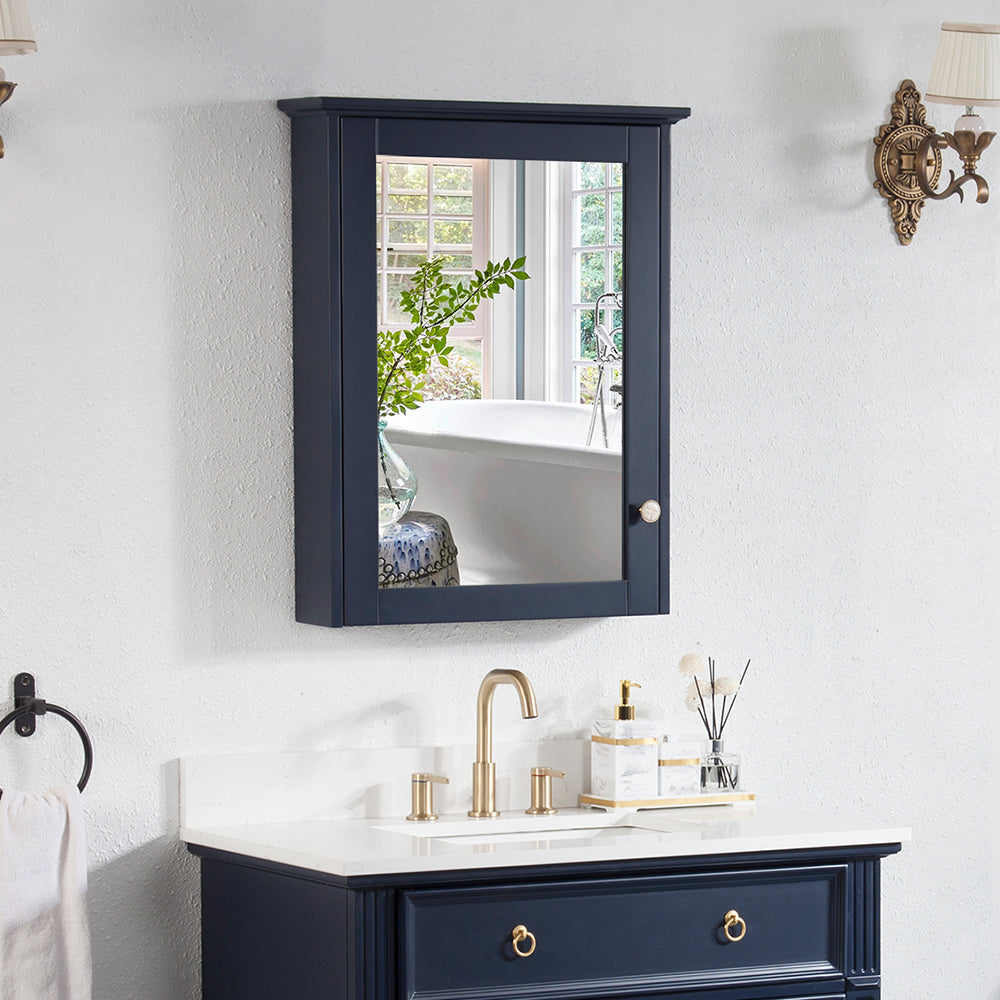
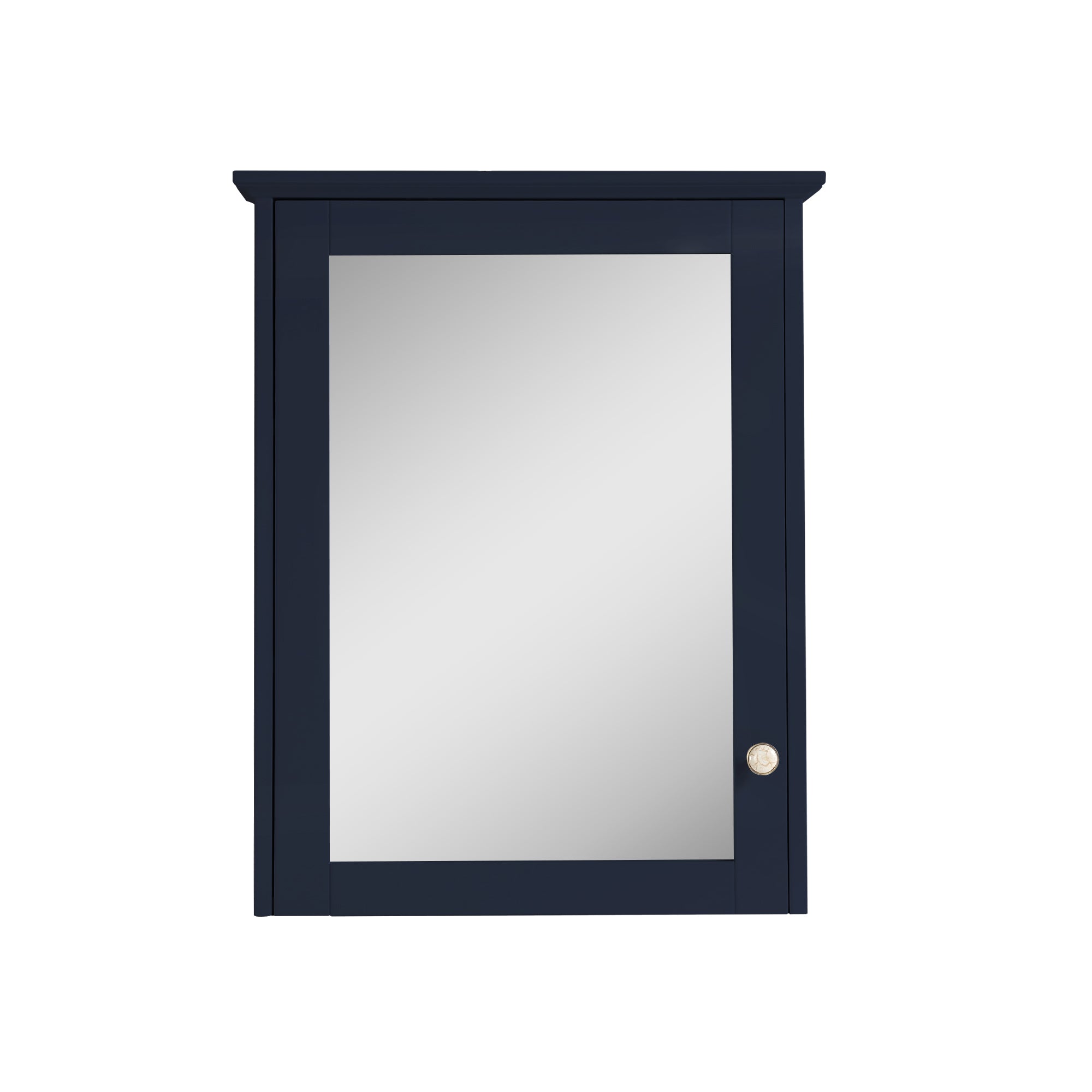
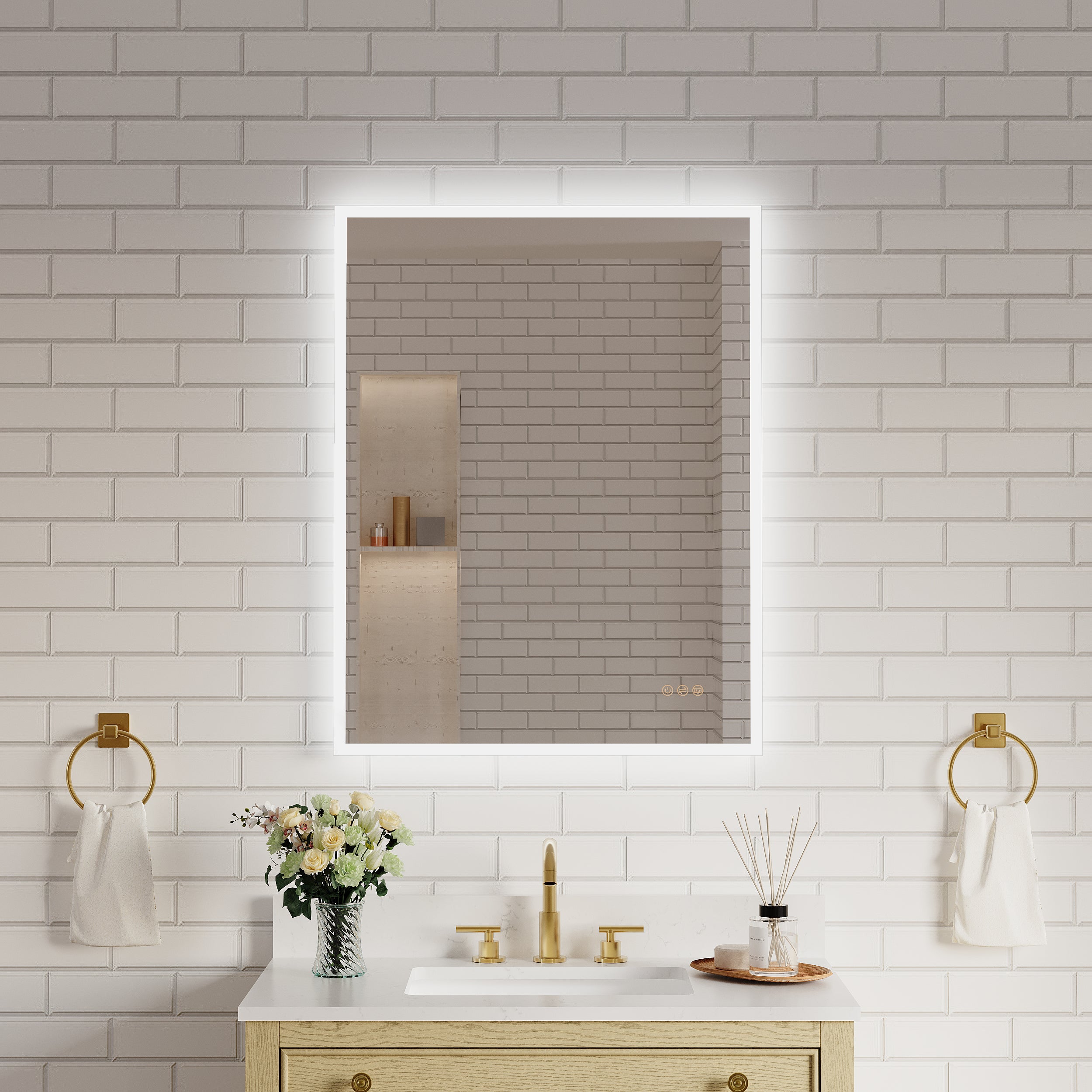

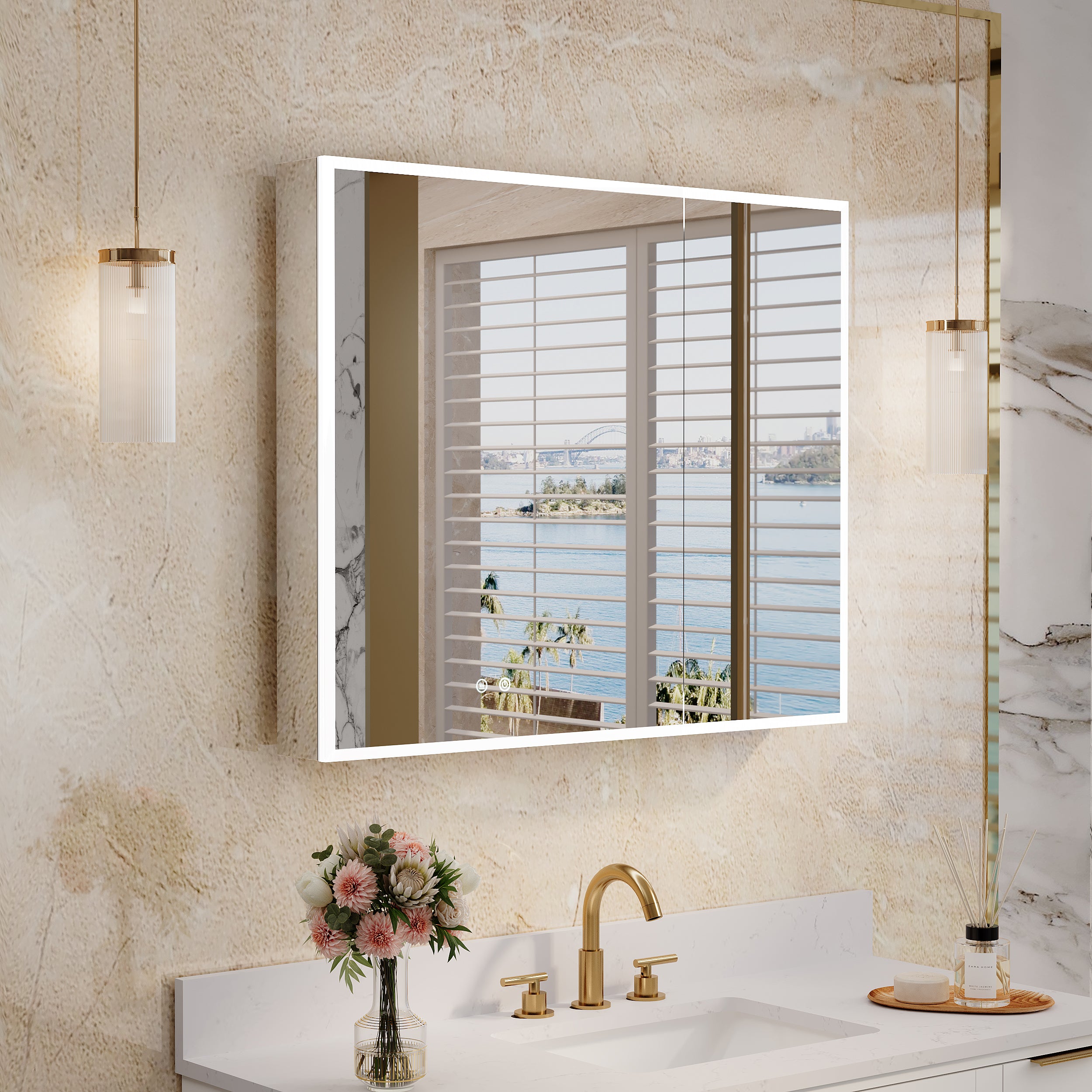

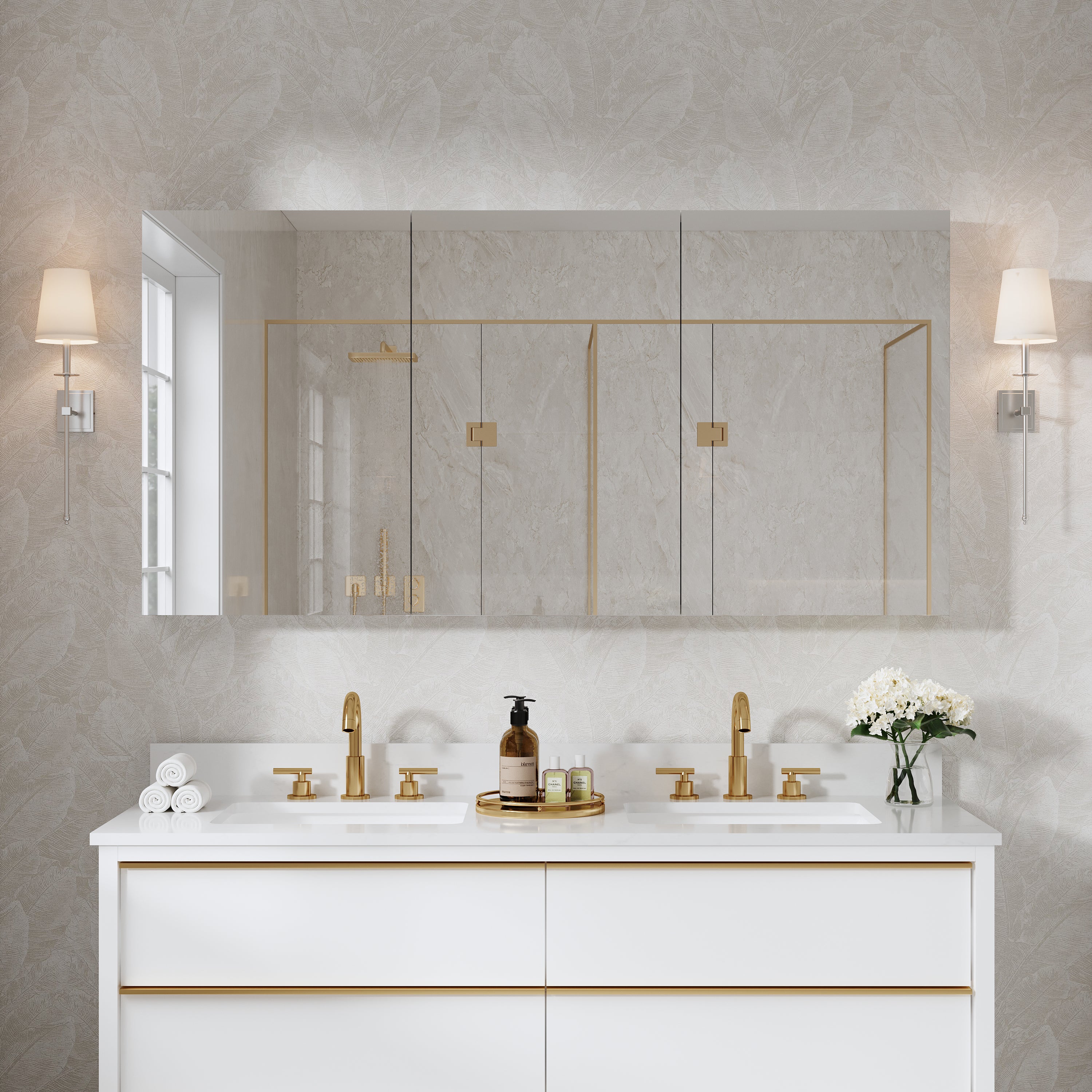
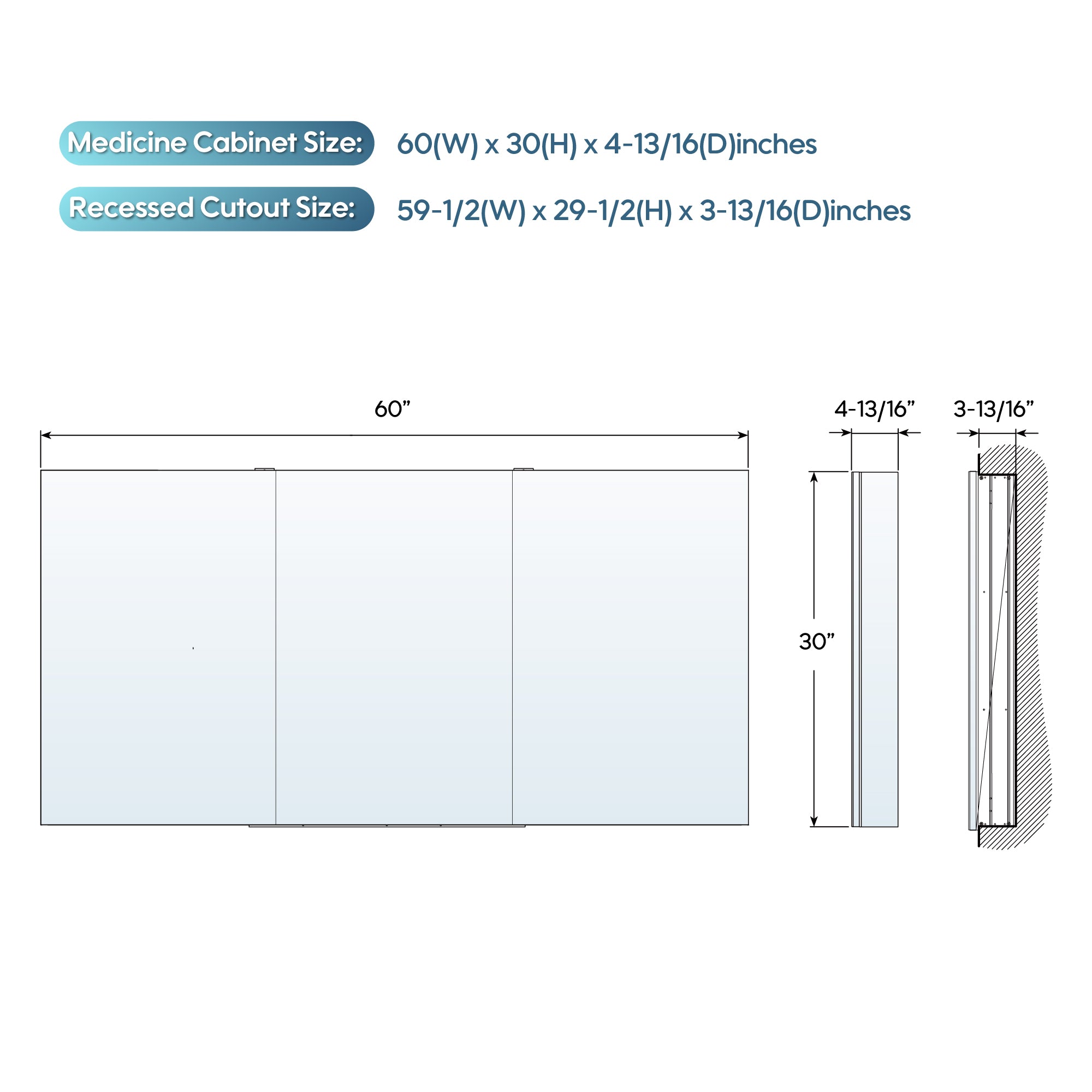
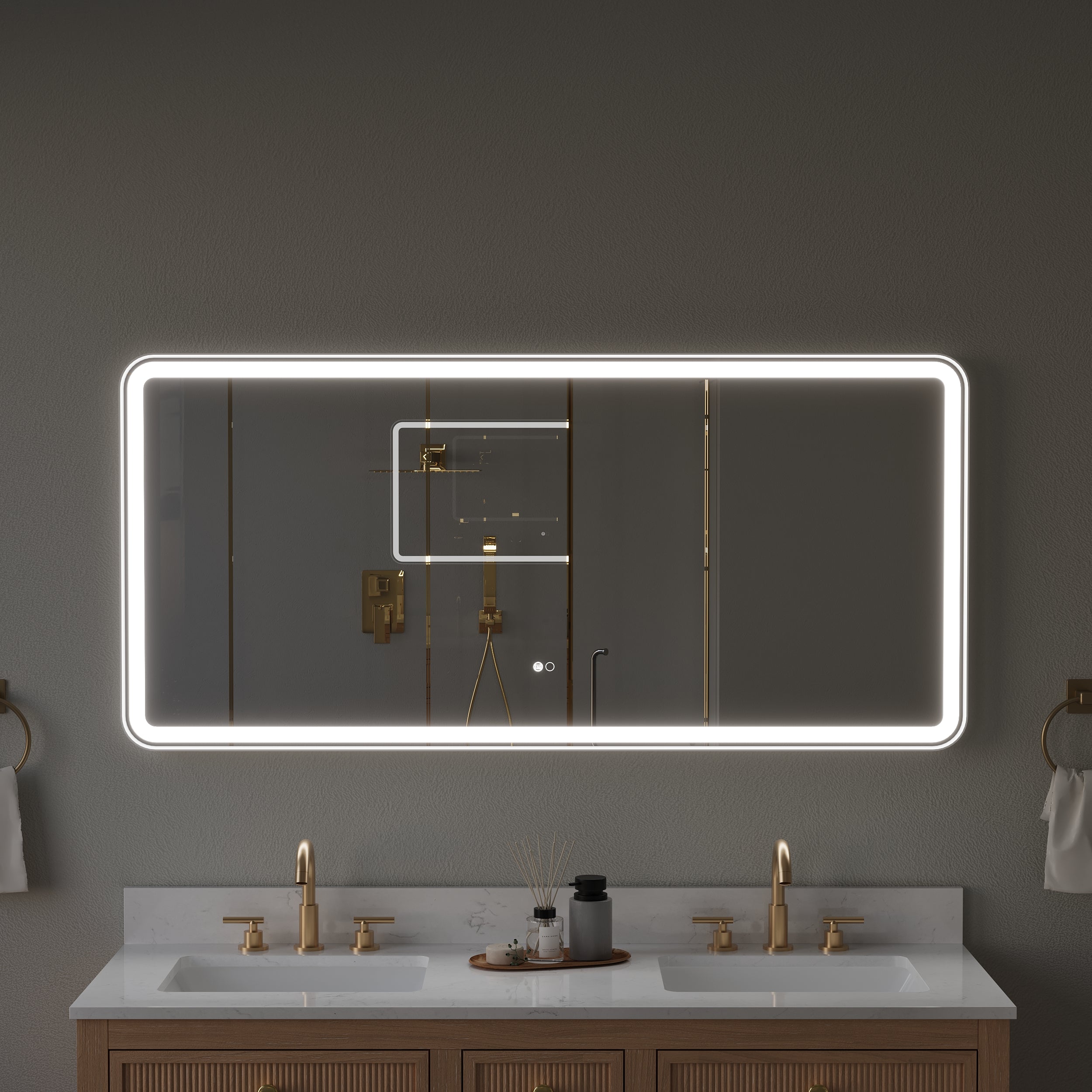

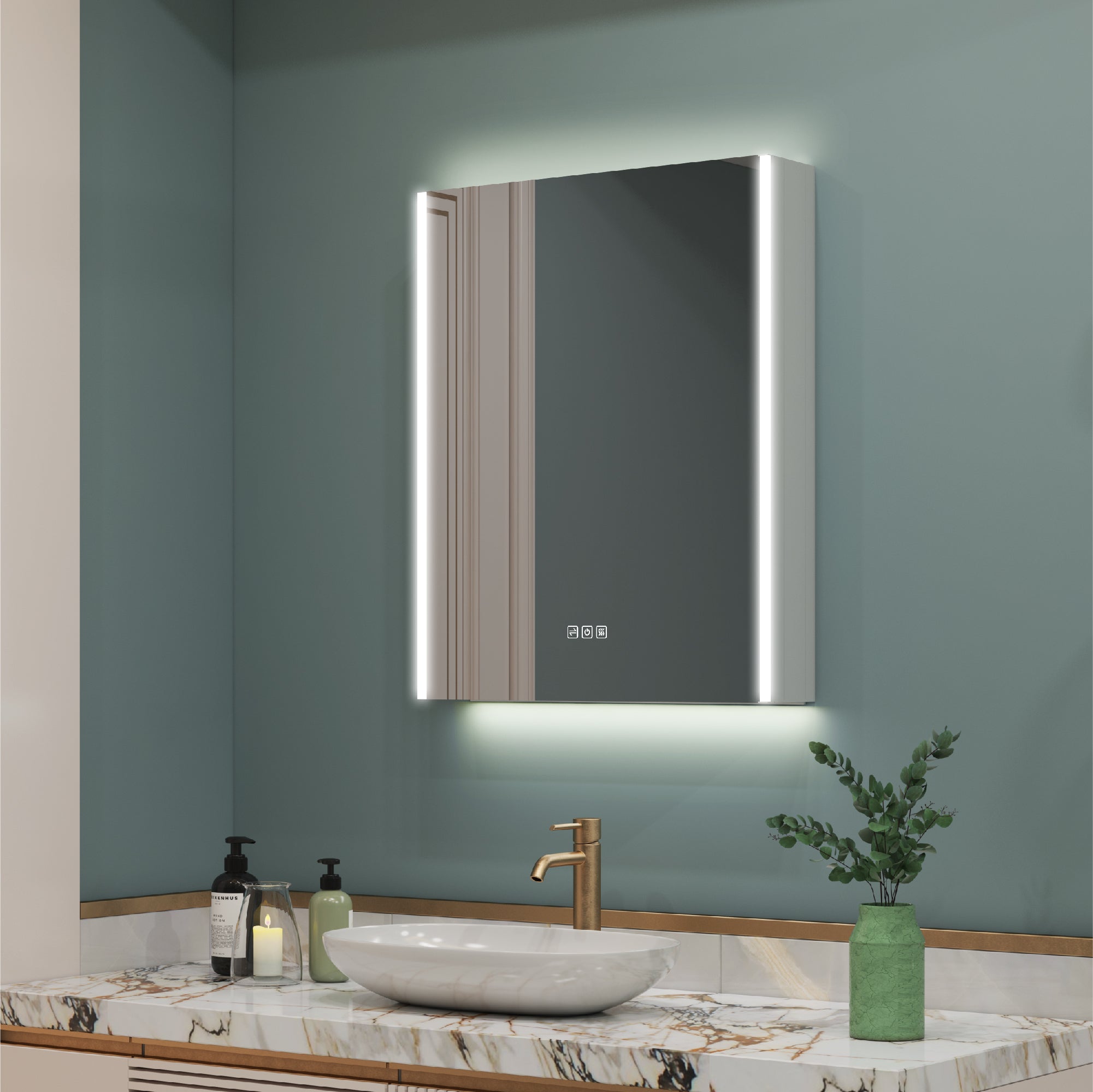
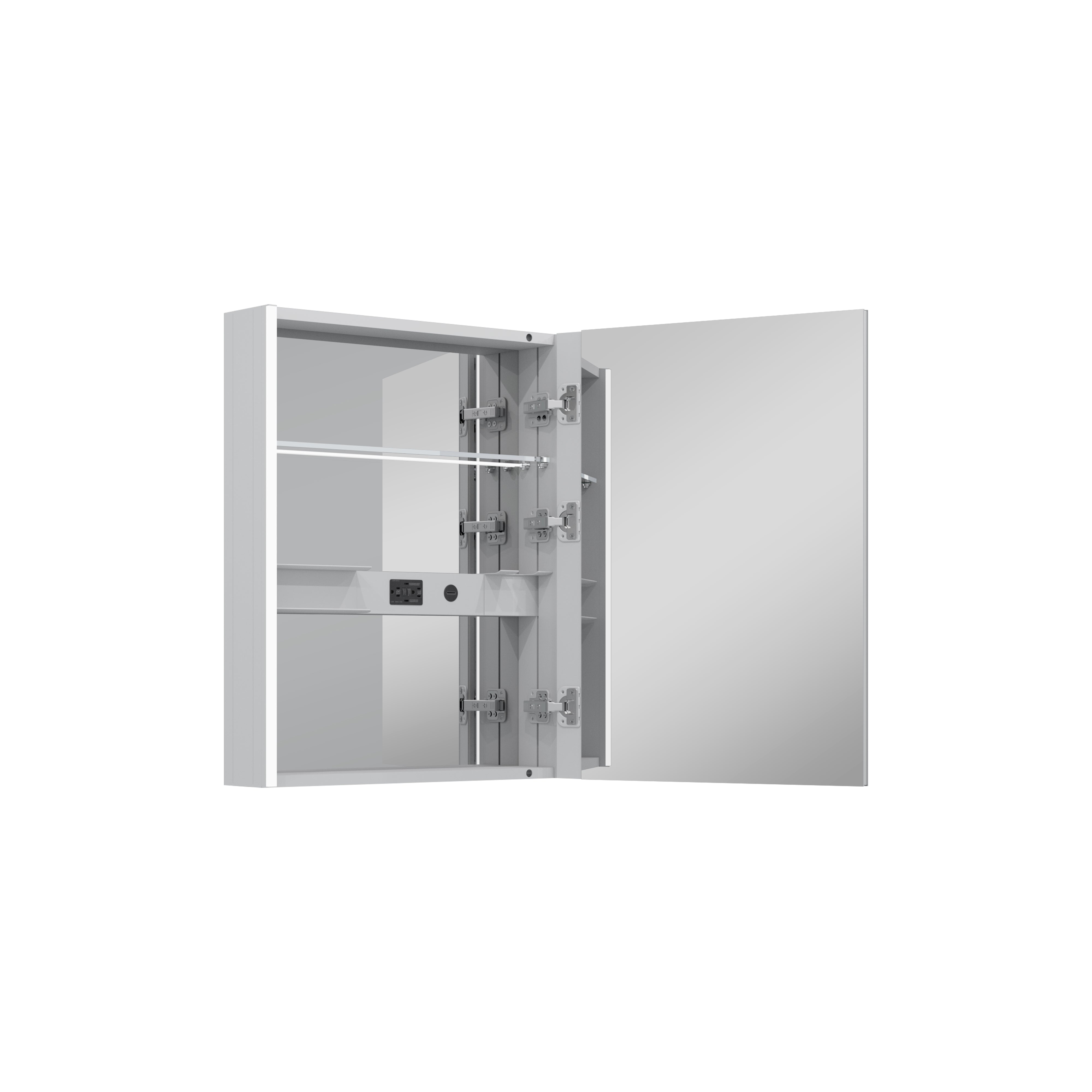
Leave a comment
This site is protected by hCaptcha and the hCaptcha Privacy Policy and Terms of Service apply.